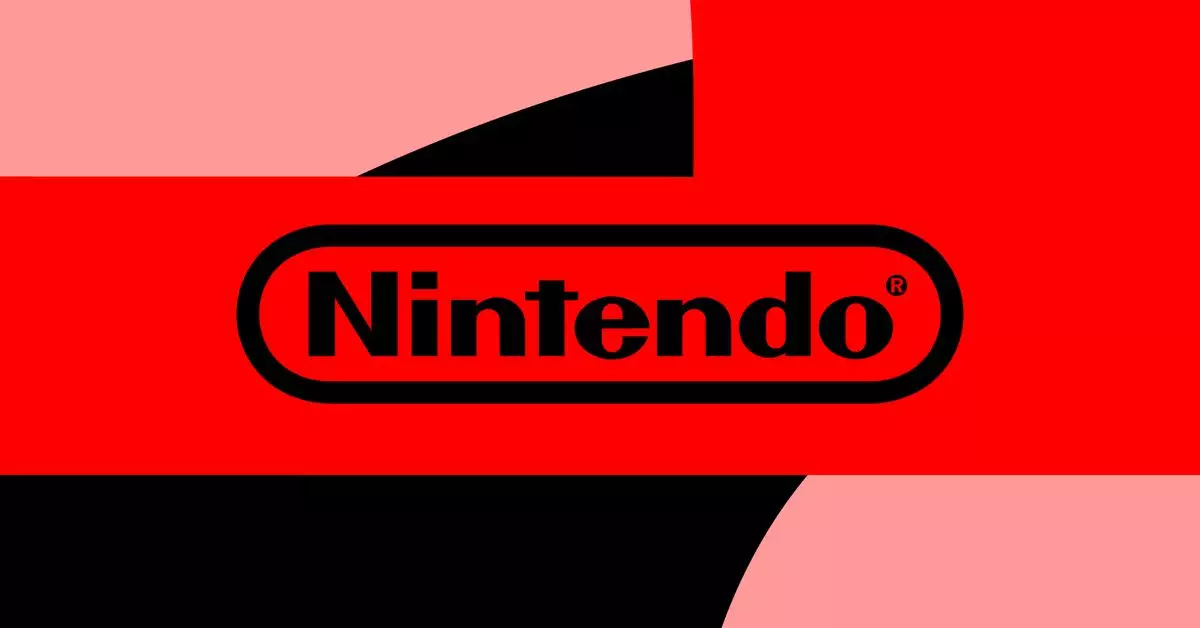As the gaming community eagerly awaits the next iteration of the Nintendo Switch, known colloquially as the Switch 2, anticipation is at an all-time high. While Nintendo has yet to unveil the successor, a crucial piece of information has surfaced: it will support existing Switch titles and maintain user services tied to Nintendo Switch Online accounts. This announcement came during a midyear policy briefing, where Nintendo hinted at more details to follow at a later date. Such progressive functionality is critical in an industry that increasingly values cross-generational compatibility and user retention.
Recent figures from Nintendo reveal that the current Switch model sold 4.72 million units over the past quarter, signifying a 31% decrease compared to the same timeframe in the previous year. Despite this dip, the overall sales of the console have reached an impressive 146 million units since its inception, marking it as one of Nintendo’s most successful ventures. Additionally, the sales statistics for software reached a staggering 1.3 billion units by the end of September 2024, underscoring the high engagement levels of Nintendo’s player base.
However, a slight drop in Nintendo Switch Online subscriptions has emerged, now resting at approximately 34 million members. Yet, it’s essential to note that an increasing number of players are opting for the more expensive Expansion Pack option, indicating that while the base subscription may be faltering slightly, there is a robust interest in premium offerings. The vibrant ecosystem established around the Switch is a testament to Nintendo’s enduring charm and the burgeoning loyalty of its player community.
Despite its accolades, discussions surrounding backward compatibility cast a shadow over the enthusiasm surrounding the Switch 2. Unlike competitors such as the Xbox Series X and PlayStation 5, which offer significant backward compatibility, the transition from Wii U to Switch saw a shift from discs to cartridges that complicates matters for previous Nintendo titles. Currently, players are left in a limbo, hoping for remastered ports or additions to the Switch Online library in order to experience older games—a situation that highlights a lack of accessibility and foresight in Nintendo’s game preservation strategy.
The discussion of backward compatibility transcends mere user satisfaction; it touches on an essential aspect of video game preservation. A report from the Video Game History Foundation indicates a concerning trend: over 87% of games released prior to 2010 are classified as “critically endangered” or no longer available for purchase. Such findings illustrate that while Nintendo makes strides in creating new content, there is a pressing need to address the historical aspects of its library and ensure they remain accessible to future generations.
The challenge of preserving video games extends beyond nostalgia; it poses critical questions about digital heritage and cultural memory. Each game represents an artistic and interactive expression of its time, contributing to a broader narrative within the gaming industry. As developers move forward with new technologies and platforms, the existing titles—those that shaped the industry—risk being left behind. Players today seek not only to revisit their childhood favorites but also to ensure that the diverse array of gaming experiences is documented and preserved.
Nintendo’s current stance, focusing on new releases while relegating older titles to uncertainty, reflects a fundamental tension in the gaming industry. As the Switch’s legacy continues to evolve, so too must the strategies employed to retain and honor its historical catalog. If Nintendo intends to maintain its foothold as a leader in the gaming space, it must recognize the value of backward compatibility not only as a means of customer satisfaction but as an integral facet of cultural preservation.
As we approach the release of the rumored Switch successor, Nintendo stands at a crossroads. The company must navigate the delicate balance between innovation and the preservation of its legacy. While the future may hold exciting developments, a commitment to backward compatibility—and a renewed focus on preserving its rich gaming heritage—will be vital for Nintendo in retaining its devoted fanbase and ensuring that its history remains accessible and appreciated by gamers both now and in the future. The decisions made in the coming months will significantly impact not just the immediate success of Nintendo’s consoles, but the lasting legacy of the beloved games that have come to define the brand.

